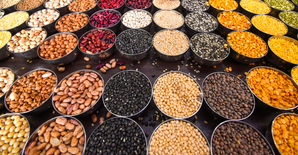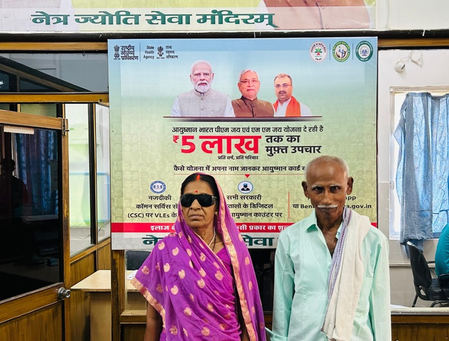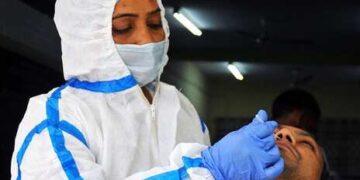New Delhi, 7 June (IANS). Do you like to eat pulses and legumes? According to a study, fermenting them can help increase their antioxidant levels, as well as their ability to fight diabetes.
The University of Illinois Arbana -Shampain, US food scientists have identified optimal fermentation conditions for pulses – dried food seeds of pulses – which increase their antioxidants and anti -diabetic properties and their soluble protein.
In the study, the team defeated the pulses obtained from different concentrations of black beans, black-eyed peas, green peas, red dal and pinto bean flour. Bacteria as fermented microorganisms were performed using lactiplantibasillus plantaram 299 V.
The results showed that antioxidant activity increased by 83 percent and their capacity to regulate type 2 diabetes markers increased by 70 percent. The fermentation also increased the amount of soluble protein in these foods.
Red dal and green peas showed the most improvement in antioxidant scaming activity and protein solubility. They also showcased the largest modulation of two enzymes that improve insulin metabolism.
The university graduate student and first writer Andrea Jimena Waldes-Alvarado said, LP 299 V is a probiotic strain “which contains microorganisms that support the health of the intestine.”
“After fermentation, it remains in the digestive process. It will not only preserve the fermented product you are consumed, but it will also produce these peptides or amino acids that are more easily absorbed than the proteins present in pulses,” said Valdes-Alvardo.
In the paper published in the magazine antioxidants, the team said that in addition, LP 299 V is also known for reducing inflammation, promoting immunity and increasing iron absorption.
The university’s food science professor Elvira Gonzalez de Mejia said, “These pulses contain good quality proteins from 18 to 25 percent, which can be used alone or in other food products.
Researchers stressed the need to detect the stability of the plant -based diet between global food insecurity, lack of natural resources and climate change.
-IANS
GKT/






